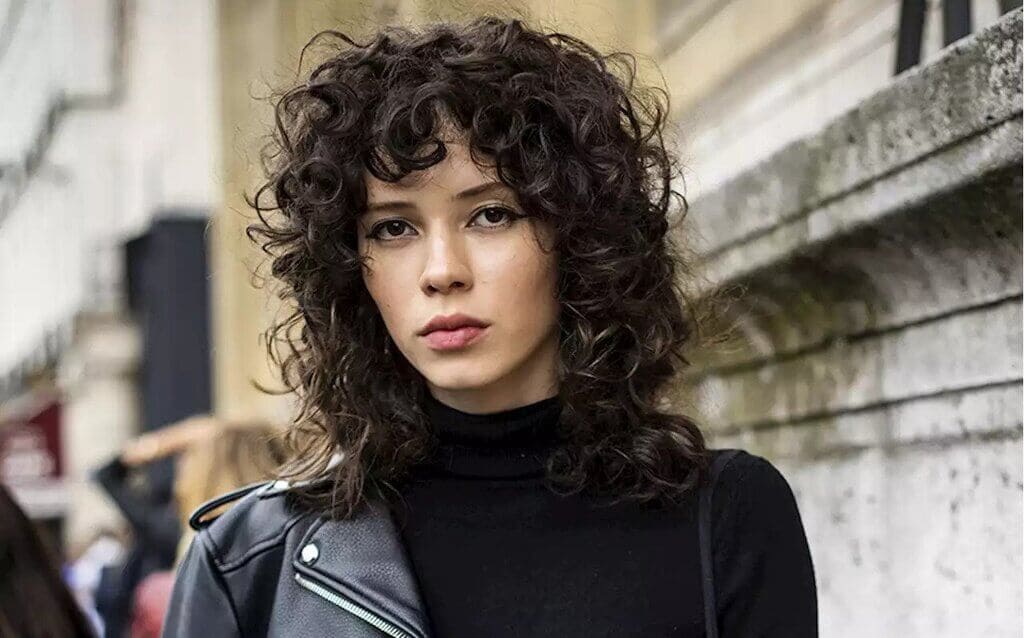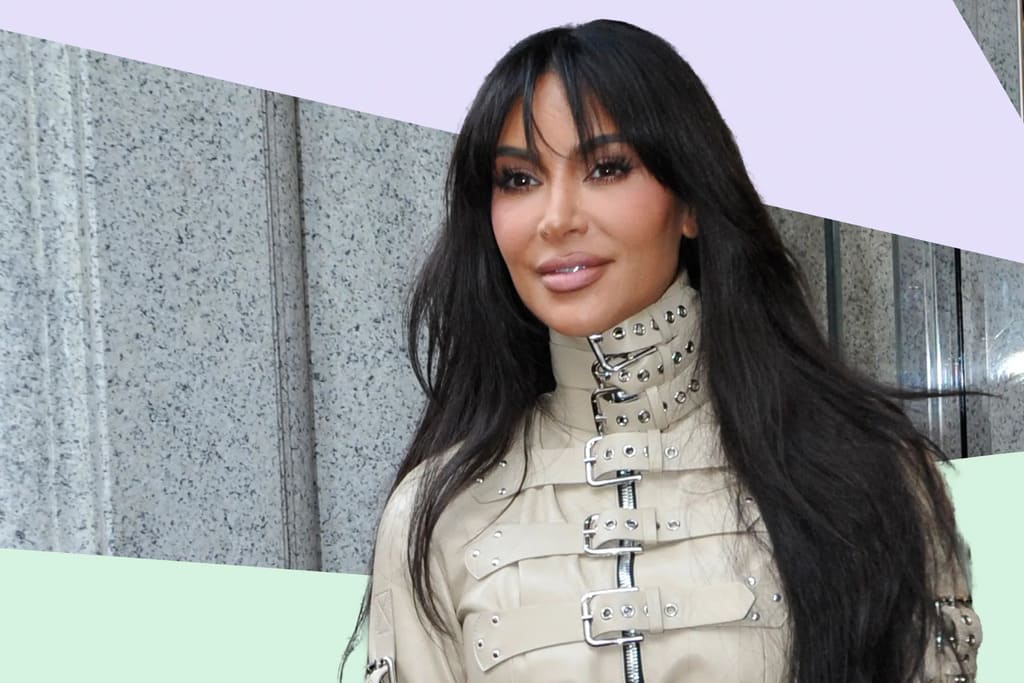As you enter your middle age, your hair may begin to show signs of aging. Aging hair takes form in different ways including changes in color, texture, and elasticity. Your hair texture can become brittle, flat, and dull as a result of hormonal imbalances, environmental conditions, and over-styling.
The good news is, it is possible to support strong healthy locks in your middle age to feel more confident and beautiful than ever. Continue reading to understand why hair becomes more vulnerable with age and what you can do about it.
Hair Changes in Middle Age

Hair is made of protein strands. A single strand of hair has a life expectancy of about two to seven years. Facts such as age, diet, and genetics play a part in how fast it grows. As you age, it has a shorter life cycle, with finer hair falling out. Typically, this hair is replaced with new finer hair; however, with age, everyone experiences hair loss.
In women, menopause has an impact on hair loss. Sex hormones that stimulate follicle fibers are destroyed and testosterone increases. Over time, hair fibers can become thinner and fall more frequently. Additionally, as you age, the melanocytes (pigment cells) in your hair follicles start to die. Your hair bulbs have a supply of active and dormant melanocyte cells.
After your hair’s growth phase, your follicles regenerate and signal inactive melanocytes to replace the depleted ones. These inactive melanocytes are disappearing and this is what stops melanin production. The empty inventory of melanocytes causes new hair to grow in various shades of gray, silver, and white.
Additional ways in which your hair becomes vulnerable with age include dryness and coarseness. Now it’s time to learn how to fight back against the natural toll age takes on your hair.
Don’t Over Wash

Although you have heard it many times, try not to overwash your hair. Even though your hair appears oily-looking, limit your hair washing frequency to not more than 3 times a week. When you overwash your hair, your sebaceous glands over-compensate for the loss of oils stripped by your shampoo. When washing your hair less, you will get the oil glands used to not over-produce oil.
To show your hair some T.L.C, avoid shampoos with harsh ingredients. Consider using a sulfate-free shampoo and moisturizing conditioner. Sulfates are harsh chemicals that remove natural oil from your hair. Furthermore, sulfates can cause skin problems like dryness and dandruff loss and will fade color-treated hair. A sulfate-free shampoo will provide nourishment to the hair follicles and the scalp to make your mane less vulnerable.
Use Gentle Accessories
Remember, your hair can be more delicate and prone to damage in your middle age. To best avoid breakage, use fabric-wrapped hair ties. Plastic elastics can pull and break your strands. Additionally, a brush with soft bristles, made from natural materials can stimulate hair strength and growth.
This type of brush increases natural oil production in the scalp and calms frizz. Also, relieve your scalp by loosening up tight hairstyles! Hairstyles that tightly pull hair from your crown, like high buns or ponytails can increase tension in your scalp. A low bun with your front pieces falling or a loose ponytail are much better options.
Boost Your Collagen Intake

Although the benefits of collagen are often talked about skin, collagen is also important for the well-being of every system in our body. Collagen is a protein that gives your skin, tissues, and bones structure.
It is key for you to know that collagen is also found in your corneas, hair, teeth, and blood vessels. When you are younger, a lot of collagen is generated by your body but as you age collagen production slows. In your twenties, collagen starts to decrease by about 1% every year.
Collagen helps to strengthen the hair and boost its elasticity. Furthermore, it provides hydration and promotes growth. Collagen highly battles the free radicals that damage your hair’s follicles. As production slows, your hair may appear dull and dry.
A balanced diet rich in proteins will improve and strengthen collagen production to prevent hair and skin damage. Additionally, vitamin C is an essential component in the collagen-building process. Vitamin C is critical for the synthesis of collagen, so take your vitamins!
Prioritize a Balanced Diet

Take care of vulnerable hair from the inside out! The role of food is extremely important in your hair health. A well-balanced diet paired with the right vitamins is essential to strengthen your hair at the follicle level.
- Vitamin A: sweet potatoes, squash, pumpkin, spinach, and dairy are great sources of Vitamin A.
- B vitamins, mostly biotin: are found in salmon, avocados, egg yolk, nuts, seeds, and milk products.
- Vitamin C: look to incorporate citrus fruits, strawberries, and brussel sprouts into your diet.
- Vitamin D: found in fatty fish, tuna, sardines, egg yolk, and fortified foods like orange juice and milk.
- Vitamin E: strong sources include sunflower seeds, almonds, spinach, and avocados.
- Iron: clams, eggs, red meat, lentils, and beans contain iron.
- Zinc: include oysters, nuts, pumpkin seeds, eggs, and lentils into your diet.

Conclusion
To put it simply, yes hair is more vulnerable in your middle age. Your strands may become more prone to dryness, thinning, and breakage. Don’t fear, with the proper treatment, luscious, strong locks are attainable at any age!
Continue reading:-



